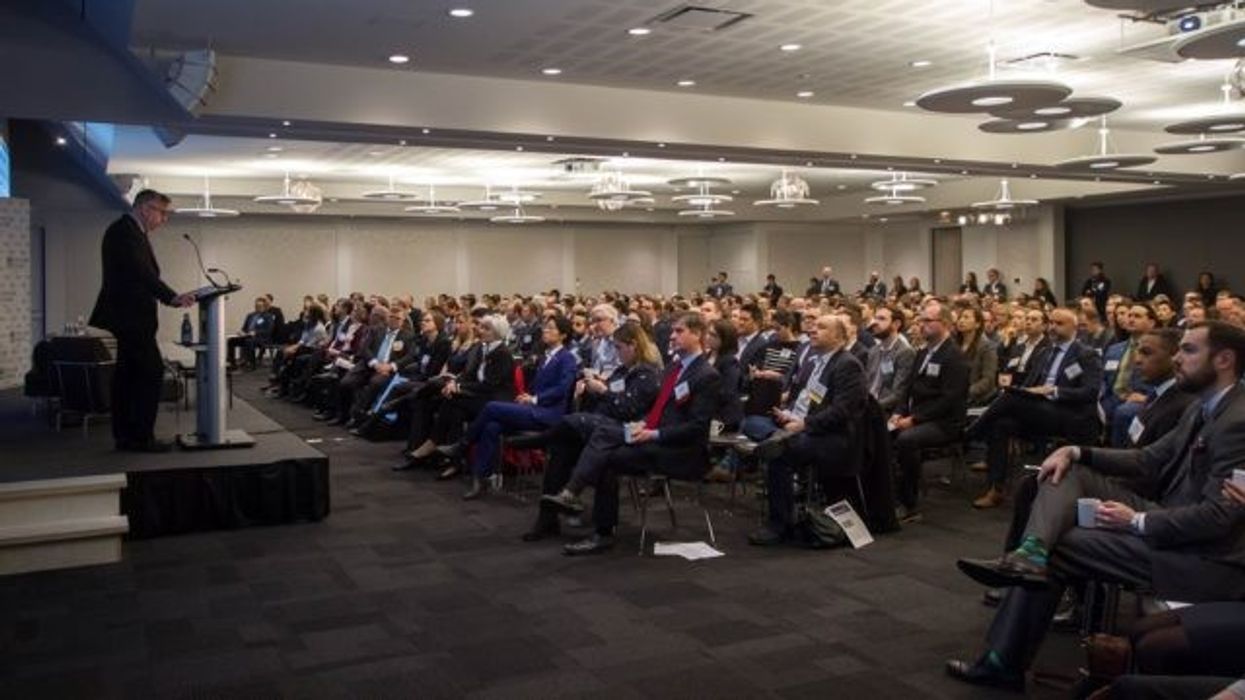Ontario’s housing market is in a limbo of sorts.
The Ontario Municipal Board, which rules on development disputes, is about to be transformed into the Local Planning Appeals Tribunal. The province says this move will give municipalities more sway in the decision-making process, while many in the industry remain uncertain on exactly how this change will play out.
To add to the confusion, the bill has yet to receive royal assent, and the OMB says it continues to accept appeals.
Navigating a Post-OMB World, a panel hosted by the Urban Land Institute at the Toronto Region Board of Trade this month, brought together several experts representing key stakeholder groups to look at what the provincial policy changes could mean for the future of development in Ontario.
Here are three takeaways for you:
Not everything is different
When reading over Bill 139, which includes details on the Local Planning Appeals Tribunal, it may seem like lots of change is afoot. But Jane Pepino, a senior partner with Aird & Berlis LLP, which works with developers on planning matters, suggests otherwise.
“It’s interesting. My overall take on Bill 139 is that although a lot has changed, most of it hasn’t,” says Pepino. “Yes, there are limits on appeals but they’re in many cases not permanent. It’s just a question of spending more time to get where you might need to go.”
But the process will take longer—and cost more
Although Pepino argues the LPAT doesn’t represent a groundswell of fundamental change, she still expects the process to take longer and be more expensive for applicants. Panelist Emma West, a partner at Bousfields, also spoke to this.
Under the new format, planners won’t be called as expert witnesses anymore in the case of an appeal, she notes. Instead, the city’s staff report and the appellant’s planning rational will be entered as evidence. “I think it’s really important … everyone understands … that it’s probably going to take us a little more time to write that report because we need to make sure that everything in there is tight,” West says.
“Our documents have to stand.”
More community consultations coming
Bill 139 won’t impact all developers equally. So suggests Leona Savoie, vice-president of Hullmark Developments Ltd. “We’re gonna have to ramp up consultations, we’re gonna have to ramp up our information into an application—that’s what good developers do, anyhow,” she says. Savoie also adds she expects to see more failed projects by developers who don’t embrace the consultation process.
“Should a developer be concerned? Don’t think so, maybe not … at least those that are in the game of consulting,” she notes.
Ward 27 Councillor Kristyn Wong-Tam agrees. “For developers who have been very keen on working with the city … there will probably not be a lot of changes for them,” she says.
“The ones who have been quick to run to the board … they will stick around a little bit longer.”





















